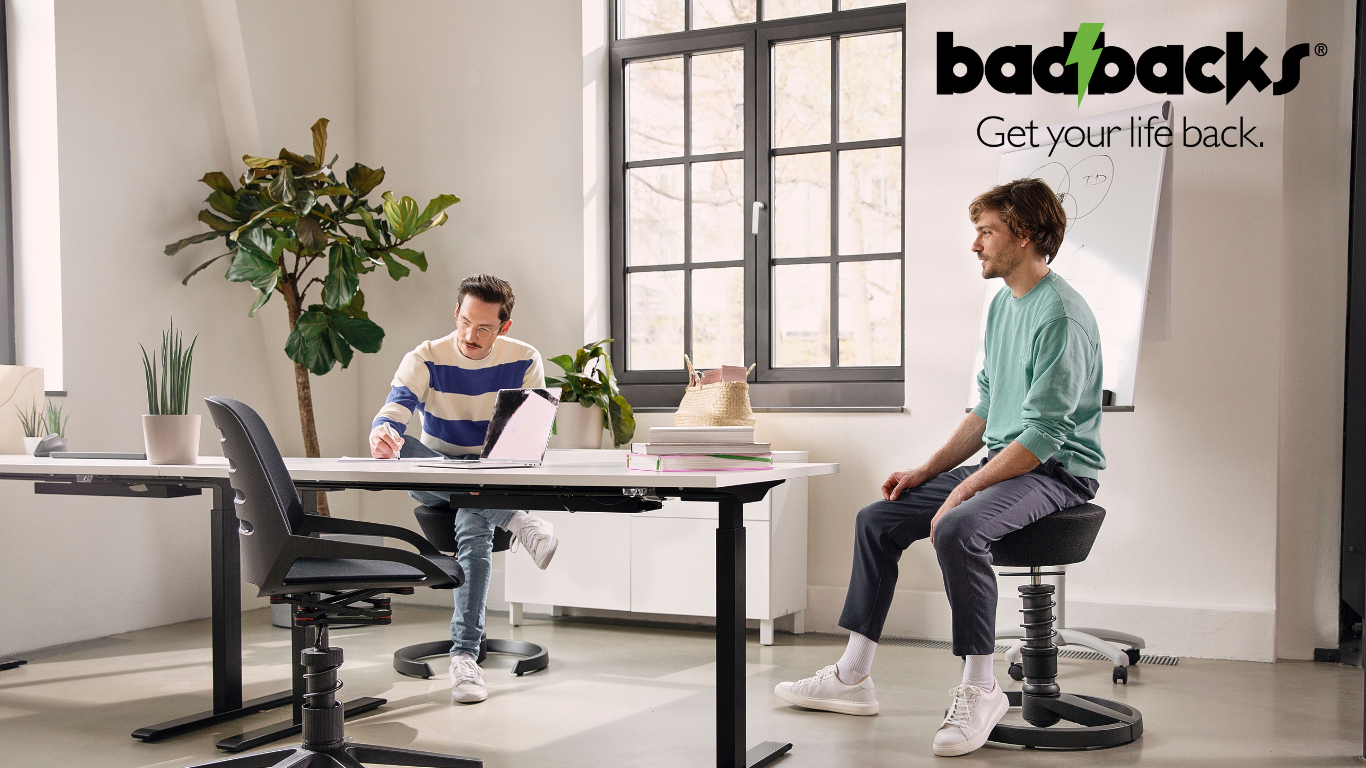10 tips for safer health care

Launching a booklet (produced by the Australian Council for Safety and Quality in Health Care), aimed at assisting people to become more actively involved in their health care, Senator Patterson said improving safety is a partnership between health professionals and patients.
“Improving safety is not just the business of doctors, nurses or other health professionals,” Senator Patterson said. “Patients and their carers also have a part to play and this booklet gives them some very practical advice to ensure that they get the best possible health outcomes.” The booklet, entitled 10 Tips to Safer Health Care, comes with a removable card that can be folded to fit into a wallet or purse so that patients and their carers can take it with them to medical appointments.
“I know that some people are afraid to ask questions or raise any concerns when they go to the doctor,” Senator Patterson said. “People need to be encouraged to take a more active role in their health care to work in partnership with their doctor or health care professional to ensure that they are happy with the care they receive and that they get the best possible results. The 10 tips booklet is an important first step.”
The booklet includes advice on:
- Becoming more active in your own health care;
- Improving communication with your health care professional;
- Learning more about your condition or treatments;
- Improving medication safety; and
- Dealing with hospitals and medical procedures.
Professor Bruce Barraclough, the chair of the Safety and Quality Council, urged all patients and carers to take the ten tips to heart.
“It has always been the aim of the Council to put consumers first by making sure that safety and quality measures are practical and will make a real difference,” Professor Barraclough said. “I am delighted that today we are putting these words into action by supporting patients and their carers to work more closely with the health professions.”
Copies of the booklet can be obtained by phoning 02 6289 4244 or go to www.safetyandquality.org
10 Tips for Safer Health Care:
- Be actively involved in your own health care.
- Speak up if you have any questions or concerns.
- Learn more about your condition or treatments by asking your doctor or nurse and by using other reliable sources of information.
- Keep a list of all the medicines your are taking.
- Make sure you understand the medicines you are taking.
- Make sure you get the results of any test or procedure.
- Talk to your doctor or other health care professional about your options if you need to go into hospital.
- Make sure you understand what will happen if you need surgery or a procedure.
- Make sure you, your doctor and your surgeon all agree on exactly what will be done during the operation.
- Before you leave hospital, ask your doctor or other health care professional to explain the treatment plan you will use at home.

